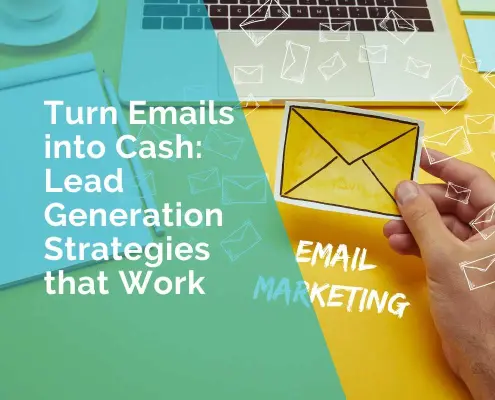The Importance of Social Engineering for Small Businesses
Many people have heard of social engineering and shudder at the sound of this menacing phishing attack style. There are many modern examples of scammers and hackers utilizing these approaches to exploit end-users in Australia, the US and all around the world. Yet social engineering plays a major role in the daily marketing habits of your favorite brands as well.
It’s not simply a tactic used by hackers and thieves to pry into your personal information, rather, social engineers are employed primarily by brands that want to build a stronger footprint for their products and services.
Social Engineering Attacks and Threat Assessment
Social engineering techniques have made waves in recent memory because hackers are employing this powerful market tool to steal data from unsuspecting victims. Social engineers who are working illegally are utilizing a type of phishing attack that pairs direct contact with the tools of digital piracy that are hard to counteract.
In a simple phishing scheme, a black hat social engineer will reach out to a victim through the phone or by email with a message that looks or sounds genuine. You might receive correspondence that appears to be from your bank suggesting that you log in to review your most recent transactions. This email will provide a link for easy access to the page, yet when you click it the link redirects you to a scammer’s false copy of the site instead.
These attacks employ a call to action framework that makes the reader want to do something right away. Often they involve financial data that makes the consumer think immediately about the health of their accounts.
Ironically, while a scammer is looking to get into your credit card, bank account, or Amazon profile in order to steal money from you, they often disguise these efforts in a way that makes you think that your finances are already under attack.
Businesses such as a spa, which see a continuous influx of new clients and the amassing of large data sets that include contact details, payment methods, and home addresses, benefit greatly from the ability to detect and weed out these types of scam issues.
Spas are a place of relaxation and rejuvenation. They take in weary clients who need a tension release in their necks, backs, or shoulders and make them feel alive again. As a small business, spas must remain hyper-vigilant against password or secure data attacks from malicious social engineers.
Vulnerability exists across small business spaces and the best way to protect your clients and brand is to work to create a team climate that won’t fall for these bait offers or contact from email addresses that appear legitimate yet contain malicious code or links to malicious websites.
Social Engineering and the Marketing Landscape
While social engineering frameworks have caused a stir among consumers in recent months and years, the primary purpose of these approaches revolves around the marketing department. Rather than exploiting vulnerabilities in order to steam login credentials, bank details, or social security numbers, a white hat social engineer works to create a powerful emotional response to the content that they are seeing.
In essence, this approach is the “engineering” of new feelings toward the same content. Crafting a compelling rebrand leans on this approach and small businesses can take a page out of this book in order to create best practices that will send their customer base and revenue soaring into the future.
Social engineering can be a frightening obstacle in the way of digital and personal security, but it can also be leveraged for the good of your brand. Understand the nuance involved and make smart security and marketing decisions in the same breath.













